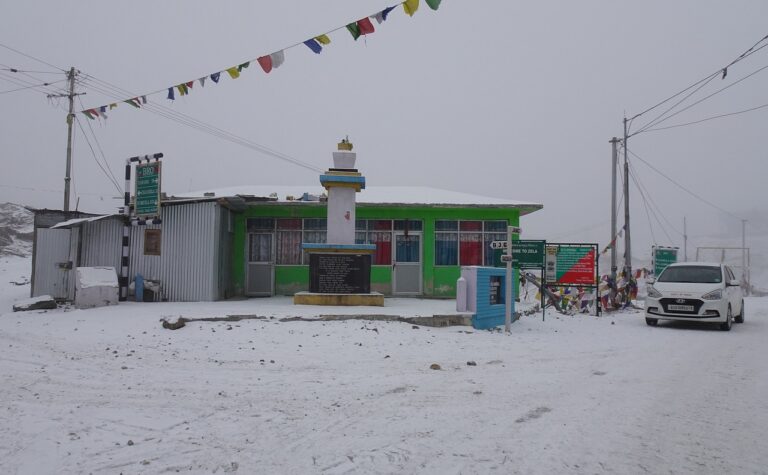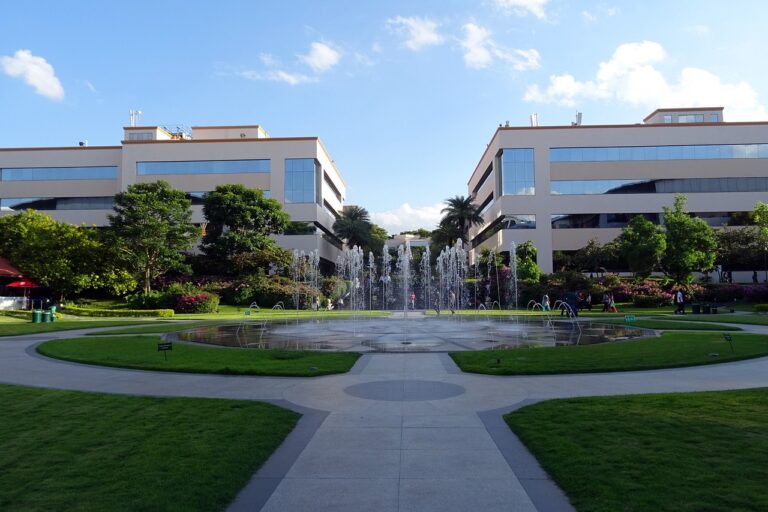The Role of Religion in Shaping Election Policies and Platforms
Religious beliefs have long played a significant role in shaping political decision-making around the world. Leaders often draw on their faith to guide their policies and decisions, believing that their religious values align with the greater good of society. These beliefs can influence issues such as abortion, same-sex marriage, and healthcare, as politicians seek to enact laws that reflect their religious convictions.
This intersection of religion and politics can sometimes lead to divisive debates and conflicts, as different religious groups may hold opposing views on key issues. In democratic societies, the challenge lies in balancing the rights of individuals to practice their own faith with the need to create inclusive policies that serve the diverse population. Understanding how religious beliefs impact political decision-making is essential for navigating these complexities and fostering constructive dialogue among policymakers and the public alike.
Historical Examples of Religion Impacting Election Outcomes
In past elections, religious beliefs have played a significant role in shaping the outcome and influencing voters’ decisions. One prominent historical example can be seen in the 1960 United States presidential election between John F. Kennedy and Richard Nixon. Kennedy, a Roman Catholic, faced scrutiny and backlash due to his faith, with concerns about his allegiance to the Vatican influencing voter perceptions. Despite this, Kennedy was able to win the election, marking a pivotal moment in American political history.
Similarly, in more recent times, the 2004 presidential election in the United States saw religion playing a crucial role in determining the outcome. George W. Bush, a devout Christian, garnered strong support from evangelical voters who resonated with his conservative religious values and policies. This religious backing helped secure his re-election, underscoring how deeply intertwined religion can be with electoral outcomes. Such historical examples highlight the enduring impact of religious beliefs on shaping election results and the significant role they play in political decision-making.
The Intersection of Church and State in Crafting Policy
Religion has long played a pivotal role in shaping policy decisions within the realm of government. Many lawmakers have drawn upon their religious beliefs and values when crafting legislation that greatly impacts society. This interplay between religion and policy-making has led to both constructive outcomes, where moral principles guide beneficial changes, as well as challenges, where sectarian interests clash with the greater good.
Despite the constitutional separation of church and state in many countries, the influence of religious beliefs on policy creation remains evident. The beliefs and convictions of politicians, often deeply rooted in their faith, can significantly impact the laws and regulations they advocate for or against. This intricate relationship between religious ideologies and governmental policy-making raises complex questions about the extent to which spiritual convictions should shape public governance.
• The intersection of church and state in policy-making has been a controversial topic for centuries.
• Lawmakers often draw upon their religious beliefs to inform their decisions on issues such as abortion, same-sex marriage, and healthcare.
• Critics argue that allowing religion to influence policy can lead to discrimination and the imposition of personal beliefs on a diverse society.
• Supporters believe that moral values derived from religion can provide a strong foundation for creating just and ethical laws.
How do religious beliefs influence political decision-making?
Religious beliefs can influence political decision-making by shaping a politician’s values, priorities, and policies. For example, a politician who holds strong religious beliefs against abortion may advocate for policies that restrict access to abortion.
Can you provide historical examples of religion impacting election outcomes?
Yes, historical examples of religion impacting election outcomes include the Moral Majority movement in the 1980s, where evangelical Christians played a significant role in electing conservative candidates who aligned with their religious beliefs.
How does the intersection of church and state impact policy-making?
The intersection of church and state in crafting policy can lead to debates over issues such as same-sex marriage, abortion, and religious freedom. Politicians may face pressure from religious groups to align policies with their beliefs, which can impact the legislative process.







